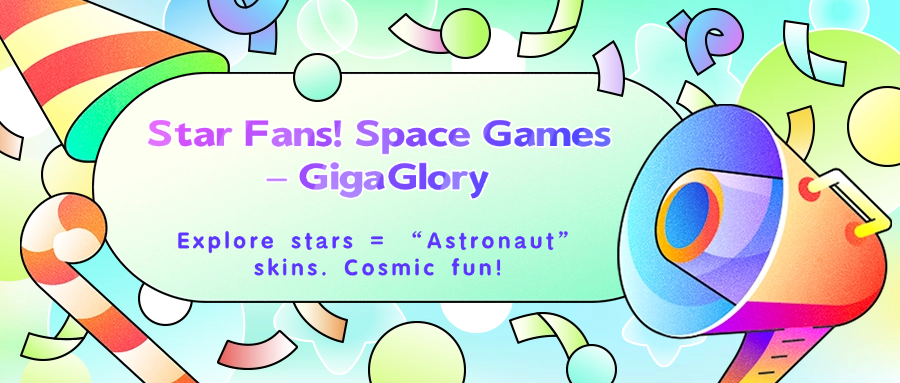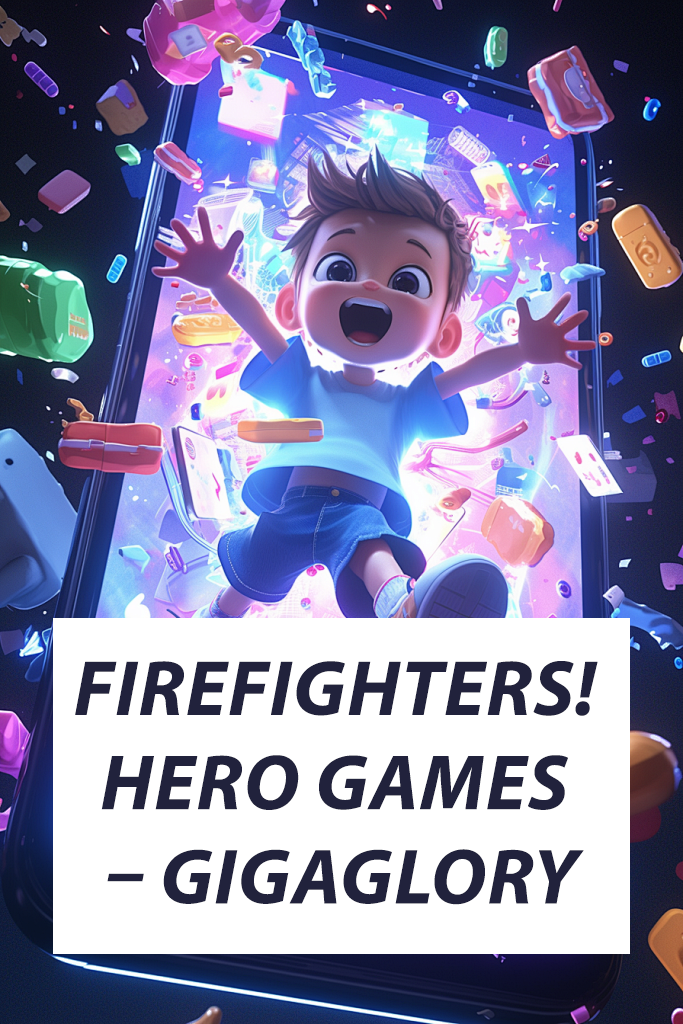Why RPG Games Are the Ultimate Strategy Games for Gamers of All Levels
When you think about strategy games, what comes to mind? Chess? Maybe some intense battles in the latest war game? But let’s be real—RPG games, or role-playing games, really take the cake. They offer layers of depth, engaging storylines, and a chance to dive deep into a world like no other. If you’re a gamer at any level, read on to discover why RPGs might just be the ultimate strategy games out there.
The Charm of RPG Games
It’s not just about conquering territories or assembling power-up combos—RPGs are about storytelling. It’s the immersive plots that offer twists and turns, keeping your heart racing while making those critical decisions. It’s where players become heroes (or villains), engaging with lifelike characters. With stunning graphics and intricate worlds, these games can offer an experience that puts you right in the middle of the action.
What Makes RPGs Unique?
- Character Development: Unlike other games, RPGs allow players to develop their characters, modifying skills and making choices that affect gameplay.
- World-Building: Every RPG is a universe unto itself, from fantasy realms to futuristic worlds, all begging to be explored.
- Story-Driven Gameplay: The narrative can be just as compelling as the gameplay, making choices that can lead to multiple endings.
The Strategy Element in RPGs
Now let's talk strategy. Contrary to popular belief, RPGs are deeply strategic. Players must think through every action, plan out skill trees, and make strategic alliances. The choices made during the game can lead to vastly different outcomes.
RPGs Vs. Traditional Strategy Games
| Feature | RPG Games | Traditional Strategy Games |
|---|---|---|
| Immersion | High | Moderate |
| Character Development | Yes | No |
| Turn-based Play | Can vary | Usually Yes |
| World-Building | Extensive | Limited |
As we can see from the table above, RPGs excel in immersion and character development while traditional strategy games might rely more heavily on mechanics. This difference in approach makes RPGs far more engaging as a strategic option.
First Video Game with Post Story Gameplay
One of the significant concerns with many games is what happens after the credits roll. The first video game with post-story gameplay was groundbreaking, allowing players to continue exploring a world even after finishing the primary narrative. RPGs have perfected this approach, offering side quests and additional challenges that deliver endless hours of entertainment.
The Role of Community and Multiplayer in RPGs
Another appealing aspect is the robust community around RPG games. Whether you're playing with friends or joining guilds full of strangers, RPGs are often designed for social interaction. Testing strategies together can lead to a deeper understanding of the game and help players improve. So, if you ever wondered how to strategize in any game, learning from seasoned RPG players is often a clever tip!
Different RPG Sub-Genres
- Traditional RPGs: Think of classic titles like "Final Fantasy" or "Dragon Quest."
- Action RPGs: These games blend fast-paced action with solid RPG elements, examples include "Dark Souls" and "The Witcher."
- Massively Multiplayer Online RPGs (MMORPGs): These offer a huge, shared world. "World of Warcraft" is the prime example.
- Roguelike RPGs: These games often feature randomly generated levels and permadeath. "Dead Cells" is one of the popular titles here.
The Technical Side: Delta Force Issues
While discussing RPGs, it’s impossible to ignore the technicalities. You might have come across players complaining about Delta Force keeps crashing while attempting to enjoy a gaming session. Such technical flaws can be a massive hindrance to strategy-based gameplay. Having a stable system is key—gaming rigs often need appropriate specs suited for immersive RPG worlds.
How RPGs Cater to All Levels of Gamers
RPGs are not just for hardcore gamers. Each title usually offers difficulty levels, making them accessible to all. Newer players can ease into complex strategy while seasoned players can challenge themselves with tougher settings. The sense of achievement after conquering a difficult boss or successfully building a character further cements the joy of RPG gaming.
The Beauty of Customization
One of the biggest draws is how much players can customize their experience. From changing facial features to deciding on skill sets, personalization makes every player’s journey distinct. And let’s not forget the weaponry and armor choices that can affect gameplay strategy. Personalization adds an element of ownership that enhances the connection between the player and their character.
Conclusion: Why You Should Embrace RPGs
If after all this you still find yourself in doubt, consider diving into the world of RPG games. With their unmatched storytelling, strategic gameplay, and diverse communities, they offer not just gaming, but an experience. Whether you're a novice or a pro, RPGs are designed to engage everyone. Ready to grab that controller? The ultimate strategic experience might just be a game away!



